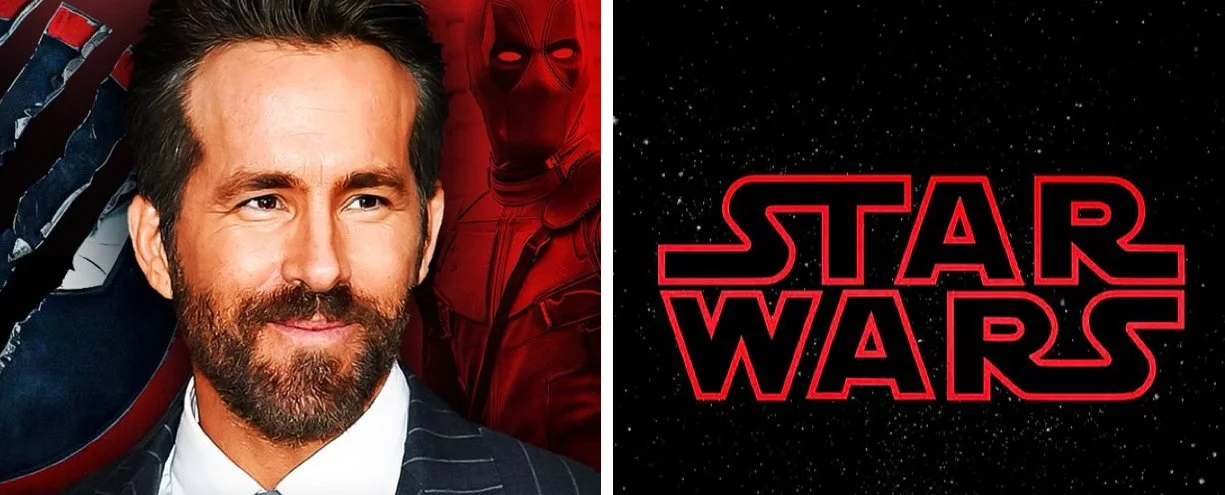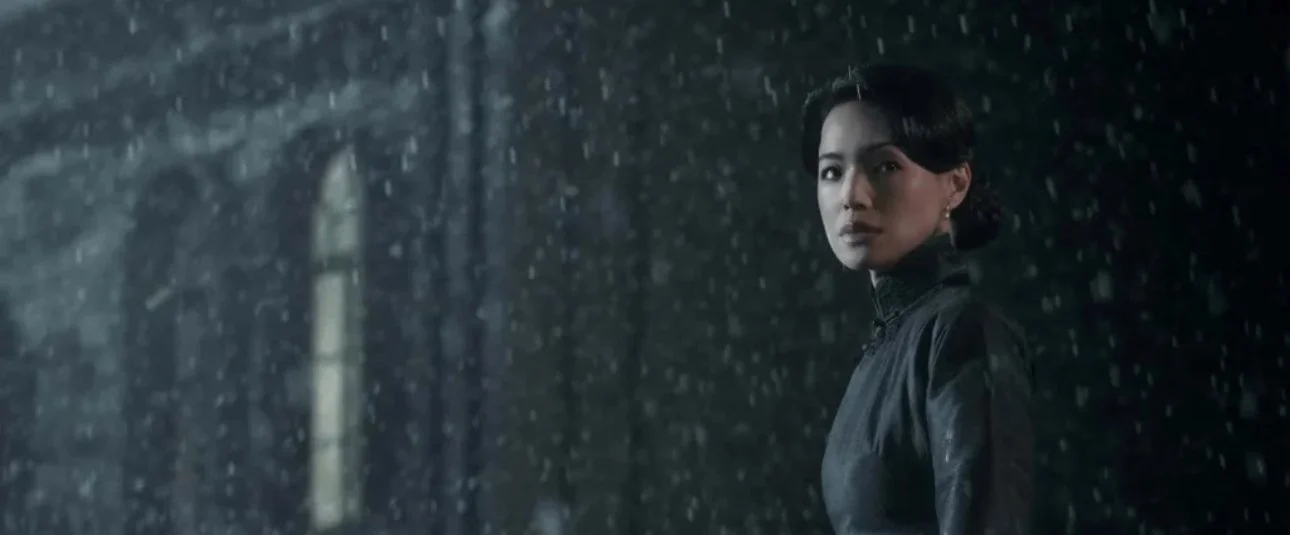UPDATE: Speaking of the friction between the ‘Knives Out’ gang and Netflix, Puck’s Matt Belloni has just written about a curse-filled exchange that happened at the TIFF 2022 premiere of ‘Glass Onion: A Knives Out Mystery:
It’s been two years since Sarandos had a testy exchange with Daniel Craig at the Knives Out 2 premiere in Toronto. According to two sources, Craig pointed to the ovation for the film as evidence that it was made for a large group audience and should thus get a longer window in theaters. Ted repeated the usual “not our model” mantra, which prompted Craig to reply with an expletive unfit for a family newsletter. (It was a variation on “Your model is fucked.”) And while Craig wasn’t so angry that he refused to collect his tens of millions of dollars from the Netflix deal for those Knives Out sequels, his sentiment is widely held throughout the industry. Which Ted also knows, of course.
EARLIER: This afternoon, Netflix’s co-CEO Ted Sarandos unveiled Q3 earnings to investors and doubled down on the streamer’s commitment, and “business model,” to avoid theatrical runs at any cost.
“We think we have the right model and we are not looking to change it,” Sarandos said.
“I’m just going to reiterate: We are in the subscription entertainment business, and you can see in our results, it’s a pretty good business. It appeals to a very large segment of consumers and fans,” Sarandos said. “Our top 10 films that premiere on Netflix all have over 100 million views, among the most watched films in the world. It’s our desire to keep adding value to our consumers for their subscription dollar. We believe that not making them wait for months to watch the movie that everyone’s talking about adds that value.”
I’m not sure how much longer Sarandos can continue to avoid theatrical runs, but I suspect it’s a hill that he’s definitely willing to die on. Hey, it’s been working so far— Netflix’s numbers are the envy of the entire media industry, but how sustainable is it?
Some trouble is starting to brew, and it’s coming from the creatives themselves. Recent reports have had Greta Gerwig and Emerald Fennell trying to push back on Netflix’s no-theatrical rule. Gerwig’s already signed up for two ‘Narnia’ movies, and since she’s under contract with Netflix, they are obviously not adhering to her demands.
Meanwhile, Fennell’s “Wuthering Heights” adaptation, starring Jacob Elordi and Margot Robbie, is looking for a distributor, and Netflix has offered $150M to acquire, more than double the amount of any other competitor bidding, but Fennell and Robbie have so far refused. That’s a lot of money to throw away.
This all leads me to a recent Deadline piece that had the ‘Knives Out’ duo of Daniel Craig and Rian Johnson also “not happy” with Netflix’s “business model.” Their ire was pointed towards 2022’s ‘Glass Onion’ not getting a proper theatrical run. According to Deadline’s sources, the sequel could have ended up making well over half a billion dollars worldwide, if it had been theatrically released:
Most believe that with a P&A spend, that film could have grossed perhaps $600 million in global box office — enough to pay for that huge deal — before the film landed on Netflix.
Of course, Netflix has another opportunity to pivot next year with the third Knives Out installment — ‘Wake Up Dead Man’ — but sources believe Netflix will not budge for that one either. The streamer is again throwing easy money away, refusing to support chains and exhibitors, just because they have a “business model.”
Sarandos believes that Netflix films that lack theatrical runs still end up getting “the biggest audience in the world for their films,” adding that he’s helped marquee filmmakers “make the best films of their life.”
What filmmakers like Gerwig, Fennell and Johnson are starting to realize is that their films can easily get lost in the Netflix algorithm. What a theatrical release does is give a film some much-needed cultural significance. Quentin Tarantino recently stated that Netflix movies “don’t exist in the zeitgeist […] It’s almost like they don’t even exist.” He’s not wrong.

![Neon Acquires Oliver Laxe’s ‘Sirât’ [Cannes]](https://images.squarespace-cdn.com/content/v1/5bbcad0f2727be3646b9fee1/1748026312860-MW0NI6PFT93H9K9M31XI/IMG_5553.jpeg)



